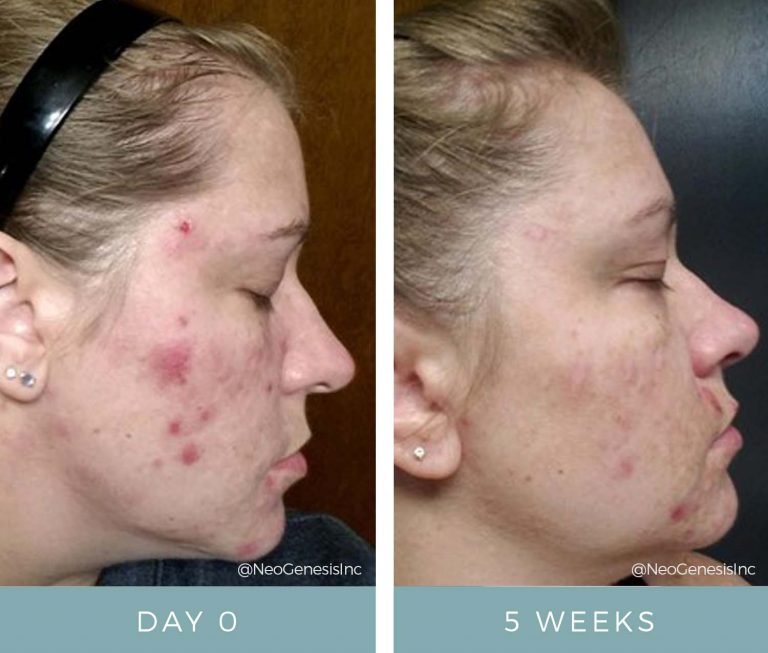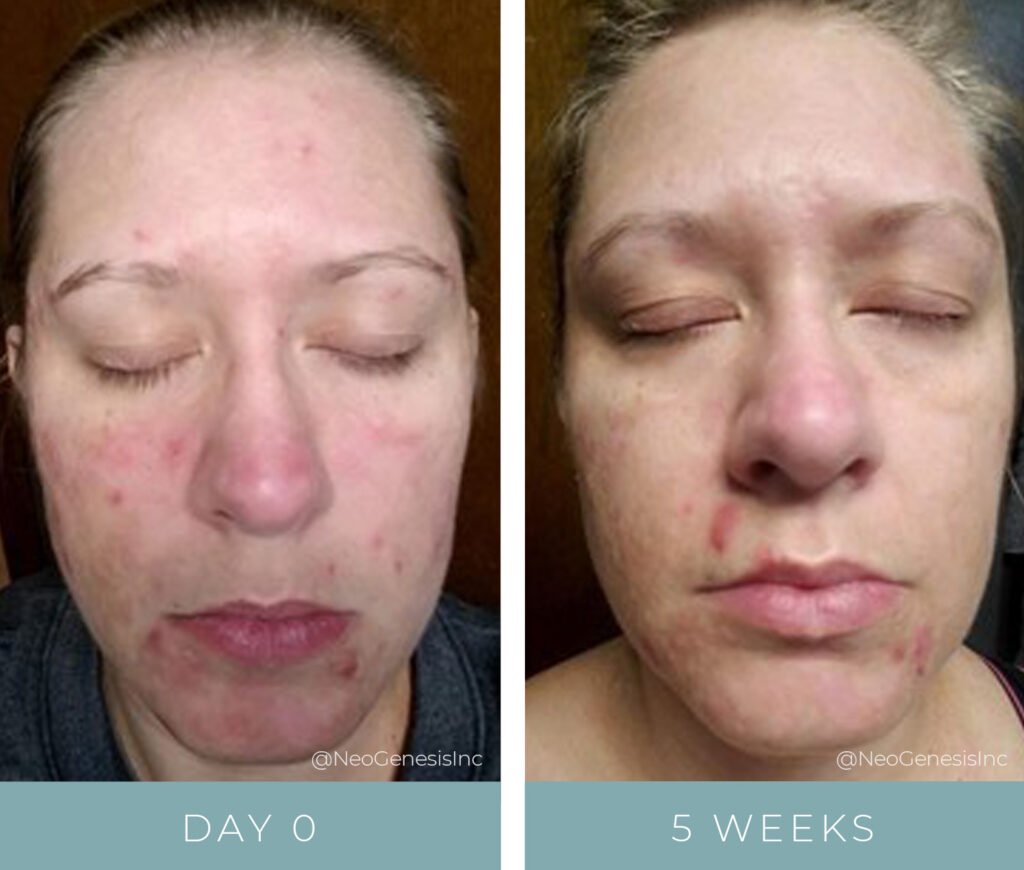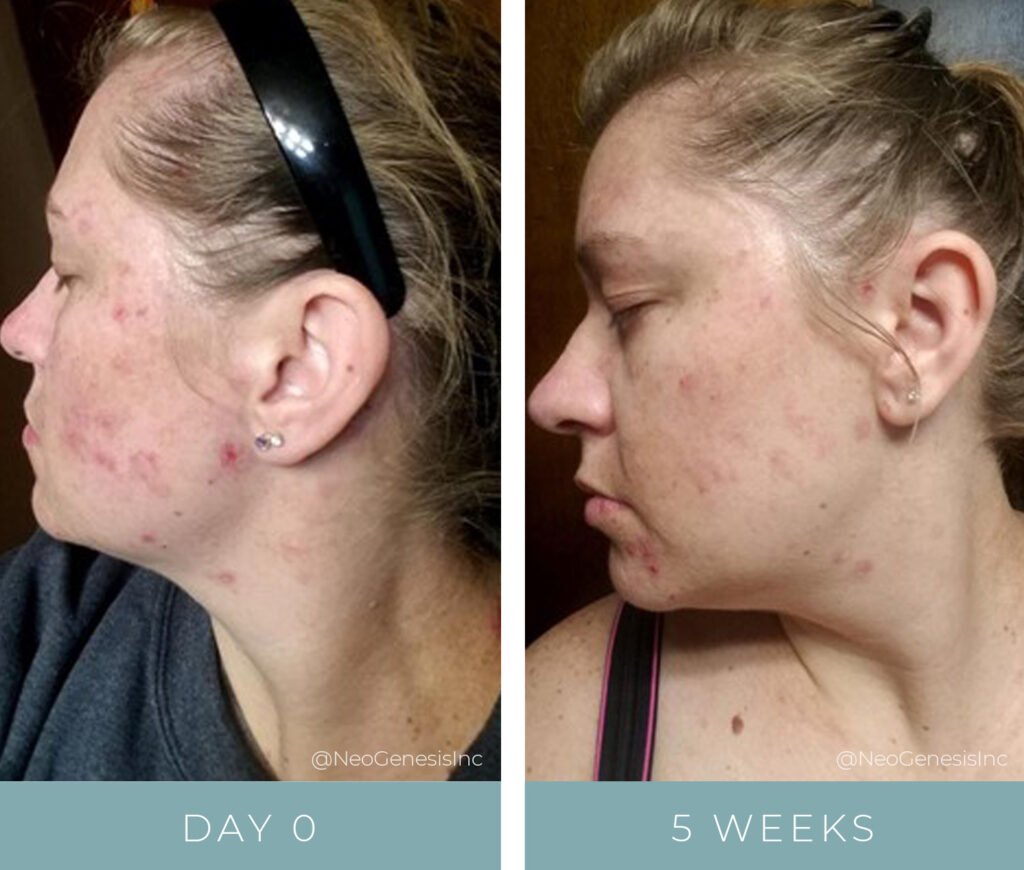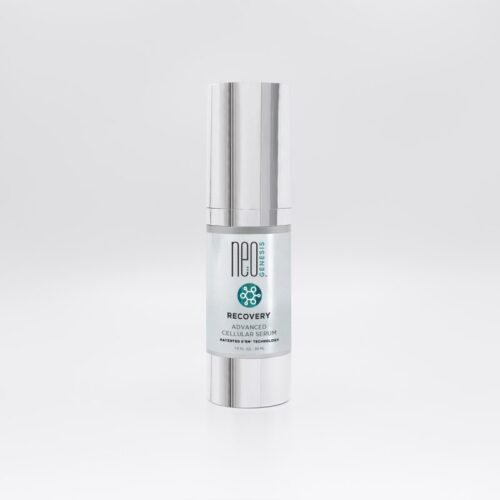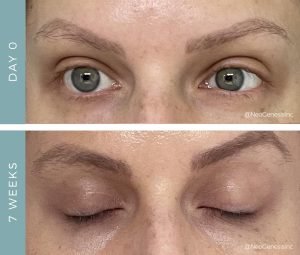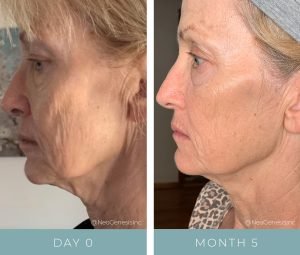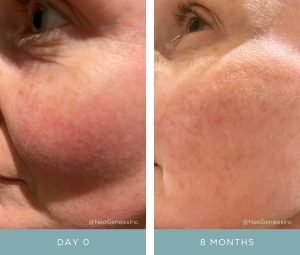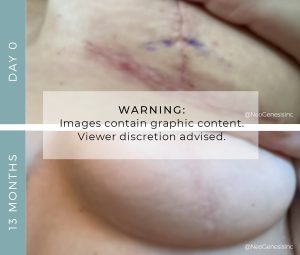

CLIENT FEEDBACK:
“This is a big improvement for me. I am very, very happy. My skin feels soft and hydrated. I really enjoy the products! Easy to use. I feel they are very effective for me.” – Andrea
PROFESSIONAL FEEDBACK:
“This is an extremely compliant client in her 30’s who has tried everything to help clear and heal her chronic acne skin. She has seen little to no improvement from professional treatments and professional homecare prior to NeoGenesis.
She is extremely happy with her results and I am so thankful to all of you at NeoGenesis for helping me find a effective treatment for her.” – Tracy Lacina
Products Used
- Rated 5.00 out of 5$3.50 – $62.50 Select options This product has multiple variants. The options may be chosen on the product page
Acne, Aging Skin, Oncology Friendly, Recovery, Serums, Shop All
Rated 4.96 out of 5$62.00 – $395.00 Select options This product has multiple variants. The options may be chosen on the product page
Aging Skin, Light Moisturizer, Moisturizers, Oncology Friendly, Shop All
Rated 4.97 out of 5$10.00 – $187.00 Select options This product has multiple variants. The options may be chosen on the product page
Protocol
Cleanser, Recovery, Light Moisturizer, MB-1 – 2x Daily (AM + PM)
PROFESSIONAL TREATMENTS:
LED every other day
Suggested Posts
Featured Videos
Acne
Chronic acne is a common skin condition that affects millions of people worldwide. It is characterized by persistent, inflamed lesions on the face, neck, chest and back. These lesions can range from small blackheads and whiteheads to large, painful cysts.
Acne occurs when hair follicles or pores become clogged with oil and dead skin cells. This creates an ideal environment for bacteria to grow, leading to inflammation and infection. While acne can affect anyone at any age, it is most commonly associated with adolescence due to hormonal changes that increase oil production.
Chronic acne refers to the persistence of this condition beyond the teenage years and into adulthood. This can be a frustrating and distressing experience for those affected, as it not only affects their physical appearance but also their self-esteem and confidence.
One of the main causes of chronic acne is genetics. If you have a family history of severe acne, there is a higher chance that you will also experience it. Hormonal imbalances can also contribute to chronic acne, particularly in women during menstruation or pregnancy. Certain lifestyle factors such as diet, stress, and skincare habits can also play a role in the development of chronic acne. Consuming a diet high in processed foods and sugar can increase inflammation in the body, which can exacerbate acne. Stress can also trigger hormonal fluctuations that contribute to breakouts.



